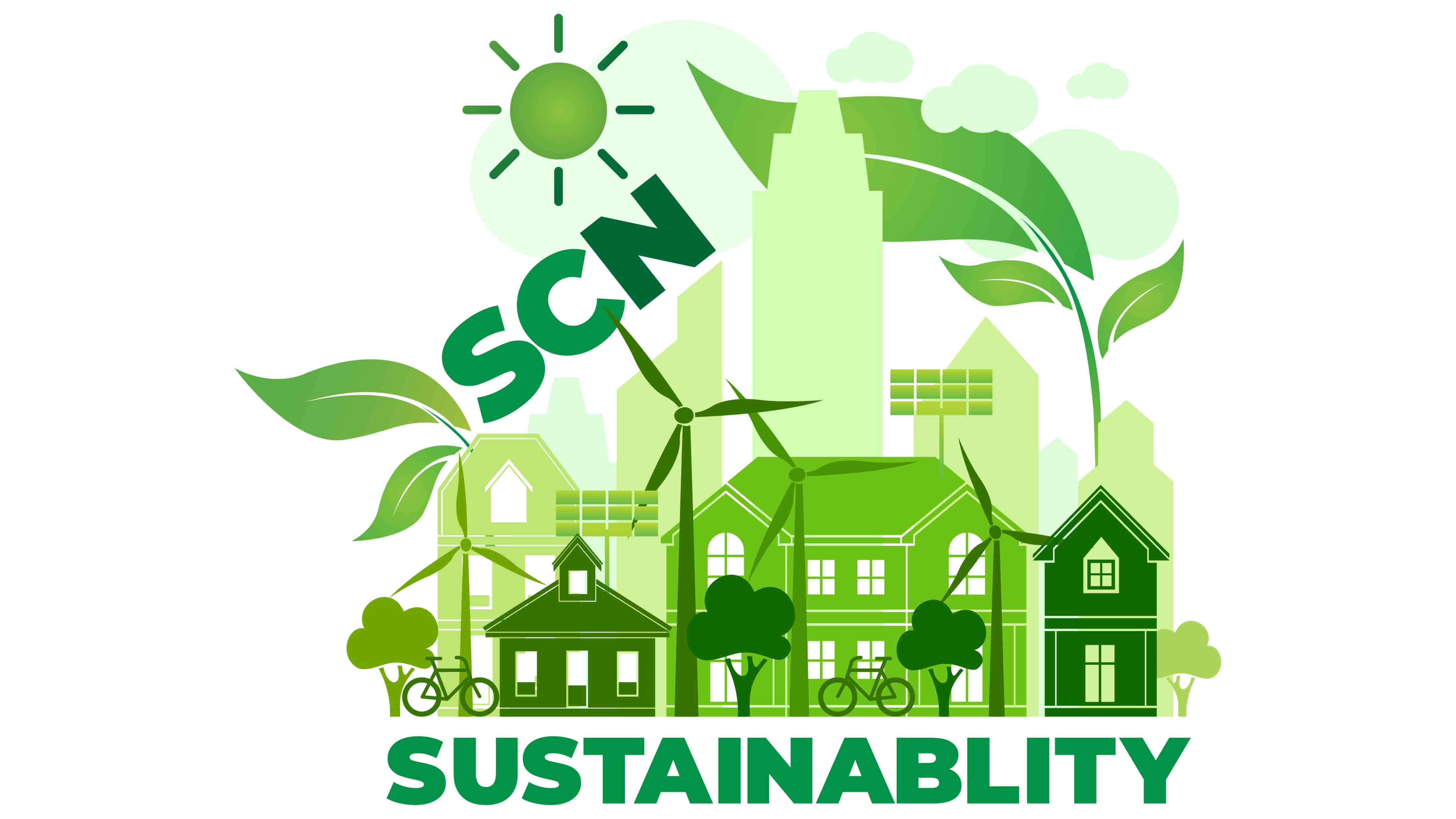As the United States slowly attempts to shift away from its throwaway culture mentality, the Pro AV industry is evolving in a similar direction. While many manufacturers promote products designed to last just beyond warranty, others in the industry are recognizing the advantages of long-term sustainable solutions.
[Why and How Sustainability Matters in the AV/IT Industry]
“We really can all do better by re-evaluating our investment in quality and shifting to long-term sustainable thinking, because despite the regulatory directives coming in, first and foremost, sustainability is a mindset and a values-driven priority,” said James Chen, managing director for connectivity brand Kordz.
With the industry increasingly prioritizing sustainability, we at SCN are continuing to showcase initiatives and efforts throughout the industry, while investigating what further actions can be taken. Let’s examine this more closely, shall we?
Less Power and Materials

One area in which sustainability has become a significant factor is product development. Extron has created ECO Standby technology, which places an audio amplifier in standby mode after eight seconds of inactivity. When a signal is detected, the amplifier powers up under 5ms using its InstaWake+ technology, optimizing its lowest power state and conserving more energy. “We’re proud of the work we have done, particularly with our energy-efficient power supply and amplifier designs,” said Joe da Silva, VP of marketing for Extron.
Kordz has developed something it calls the “kordzification” process, which includes thoroughly evaluating every aspect of its products at every stage of development. “We aim to provide Pro AV integrators with the products they need that meet current performance specifications and allow headroom for long-term usability, but without flashy, unnecessary extras that only add to the carbon footprint and price,” said Chen.

Kordz emphasizes high-quality materials and meticulous manufacturing processes to ensure its products are durable, reducing waste and making them more sustainable. One example is its PRO and PRS SlimCat networking systems and patch cords, which are half the physical size of Cat 6 and Cat 6A cables but don't sacrifice performance. “Just imagine the global impact if the millions of meters of Cat cables used annually by integrators consumed half the material and lasted longer," Chen added.
Through these initiatives, manufacturers are assisting integrators in becoming more sustainable in their installations. “A lot of times, it's enabling features and designing things around concepts that maximize energy efficiency and clarify the advantages of collaborative technologies in the workplace,” said Bill Thrasher, COO with integrator AV Tech Media Solutions.
For its part, AV Tech Media Solutions strives to encourage clients not to upgrade annually and modularizing systems so components can be upgraded more efficiently. However, clients frequently consider economic factors, meaning that integrators must enhance the perceived value of making a more sustainable choice.
“A commoditized solution doesn’t always align with sustainability initiatives,” explained Thrasher. “It depends on the client and the situation, but more often than not, we’re still wrestling through those value propositions.”
Recognition and Certification
For those companies in the industry that are making an effort, some are starting to be recognized—and potential clients can find awards and accreditations on their websites. For example, AVer Information has been acknowledged for its sustainability efforts. In 2023, the company received the "Below 1.5°C" Certification from CommonWealth Magazine, a Taiwanese magazine that recognized AVer for its dedication to the threshold set by the Paris Agreement, an international treaty adopted in 2015 designed to limit global warming.
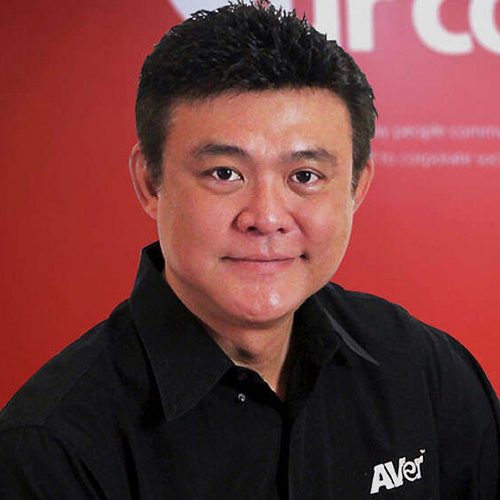
“In 2023, the company maintained full compliance with environmental regulations, with no breaches of contract or violations by waste treatment providers,” said Arthur Pait, president of AVer USA. “Additionally, AVer incurred no major fines or non-monetary penalties related to environmental regulations.”
Now more than ever, numerous AV companies share their sustainability goals and promote them prominently on their websites. Despite this, many may still require guidance on how to pursue these goals effectively. That’s where SAVe comes in. SAVe is a nonprofit organization dedicated to assisting the AV industry in taking action to achieve the 17 Sustainable Development Goals (SDGs), which are part of the 2030 Agenda for Sustainable Development established a decade ago by the United Nations.
Since its official launch in 2022, SAVe has achieved a great deal, working to transform the AV industry from a sustainability laggard to a leader. Previous initiatives, such as SAVe certification, SAVe A Second Life, and the SAVe Committee on Sustainable AV Design and Installation, have helped develop actionable sustainability plans and resources to make AV more sustainable.
This led to its latest initiative, A Guide to Sustainable AV Design and Installation. The guide "compiles a wide range of best practices that AV integrators can follow to reduce the environmental impact of the work we do,” said Christina De Bono, president and co-founder, SAVe.
[Shure Achieves Sustainable Packaging Goals in 2023]
Some practices mentioned in the design guide include lifecycle thinking, community impact, material selection, and energy efficiency. The guide equips the AV industry with tools and resources to uphold the principles of a circular economy, encourage eco-friendly practices, and create products that reduce environmental impact.
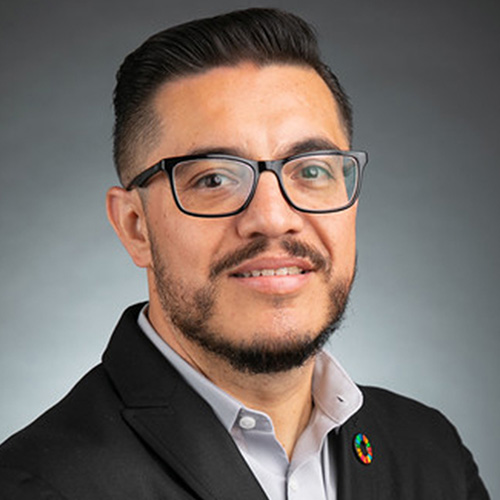
“Moreover, this is a living, breathing document that will be regularly updated to reflect the latest techniques and approaches in sustainable design and installation,” said Joe Perez, VP and co-founder, SAVe.
SAVe is also the official sustainability partner for ISE 2025, marking its third consecutive year of collaboration with the event. The organization will send a full delegation to the conference in early February, including SAVe ambassadors representing them across five continents. SAVe participation includes a booth, panel discussion, cocktail reception, and—for the first time—hosting a SAVe certification program.
“It is difficult to overstate the importance of our partnership with ISE, which gave SAVe international visibility and credibility right out of the gate,” said De Bono. “This is important because sustainability is a global issue. We are based in North America, but our focus is planet wide.”
Moreover, this is a living, breathing document that will be regularly updated to reflect the latest techniques and approaches in sustainable design and installation,” said Joe Perez, VP and co-founder, SAVe.
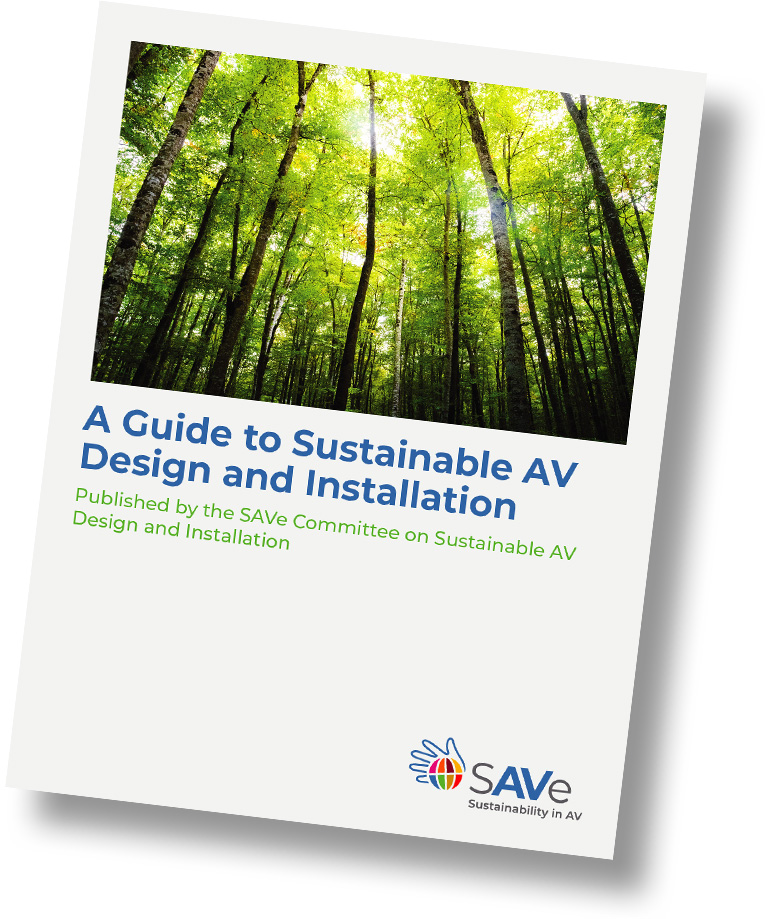
SAVe is also the official sustainability partner for ISE 2025, marking its third consecutive year of collaboration with the event. The organization will send a full delegation to the conference in early February, including SAVe ambassadors representing them across five continents. SAVe participation includes a booth, panel discussion, cocktail reception, and—for the first time—hosting a SAVe certification program.
“It is difficult to overstate the importance of our partnership with ISE, which gave SAVe international visibility and credibility right out of the gate,” said De Bono. “This is important because sustainability is a global issue. We are based in North America, but our focus is planet wide.”
E-Waste Concerns
Although we are making progress, there are still many areas where Pro AV can focus more, such as supply chain transparency, recycling program standardization, and using renewable energy in manufacturing. “As an industry, we need to push for greater collaboration and innovation to address these challenges and drive impactful change,” said Pait.
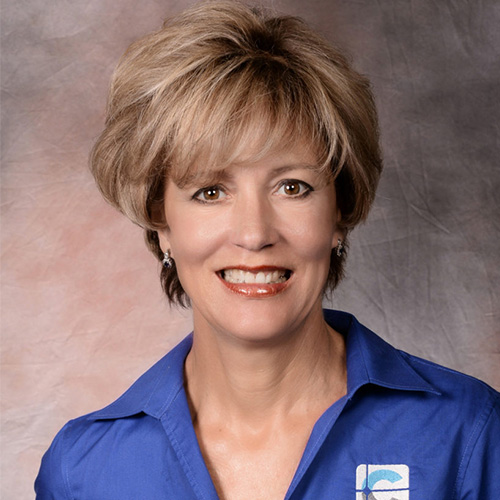
"Our industry’s business model is predicated on the continual refreshment and replacement of technology. Well, when you install new equipment and de-install existing gear, what becomes of it?”
The United States has made minimal progress toward achieving the 17 SDGs. Consequently, the nation has struggled to provide effective leadership on sustainability, making the slow progress in various industries, including Pro AV.
De Bono admitted that the industry isn’t excelling in sustainable practices. “You have to remember that we are starting on the road to sustainability very, very late in the game,” she explained. “We can do better on absolutely every front, especially regarding the creation and management of electronic waste, which is an area where we are definitely falling behind."
E-waste is increasingly becoming a significant concern, projected to reach 82 million tons by 2030, representing a 33% increase from 2022. The Pro AV industry cannot overlook its significant contribution to e-waste and needs to find ways to divert discarded equipment and materials away from the waste stream.
[Hospitality Meets Sustainability]
“Our industry’s business model is predicated on the continual refreshment and replacement of technology, said De Bono. “Well, when you install new equipment and de-install existing gear, what becomes of it?”
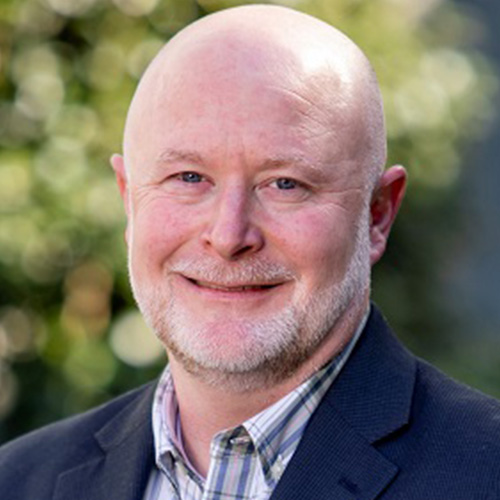
Thrasher noted that one way our industry can improve is by becoming more proactive, and he has observed that strides are being made to achieve that. He said integrators are responsible for educating clients about the long-term benefits of investing in sustainable solutions that may not show immediate returns. “We're leaning on our clients to drive those decisions," he added. "We can get a little more proactive in a consultative situation, advising people on some options they may not be aware of.”
With manufacturers integrating sustainability into their products, efforts to enhance education throughout the industry, and integrators transmitting that knowledge to clients, the groundwork is laid for a more sustainable Pro AV industry. We simply need to keep building.
